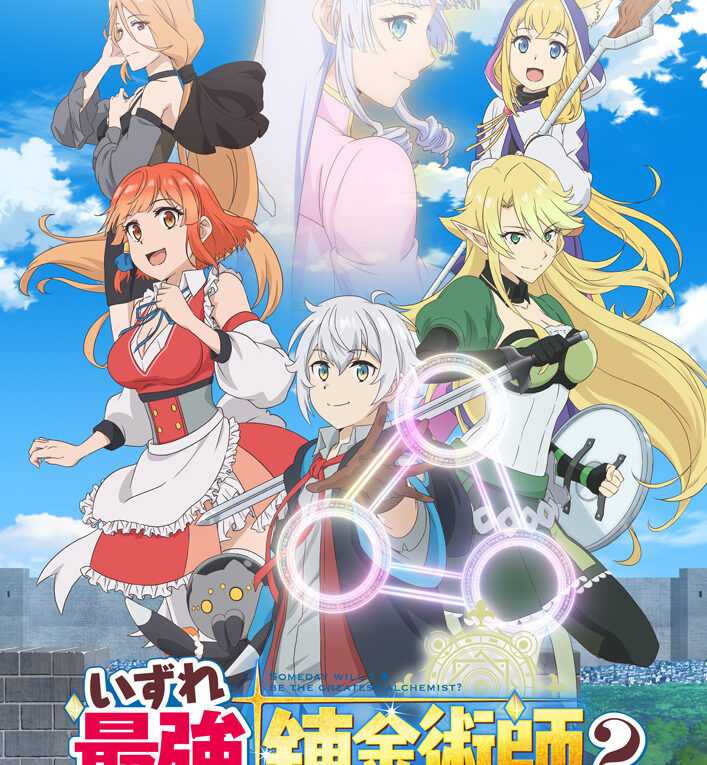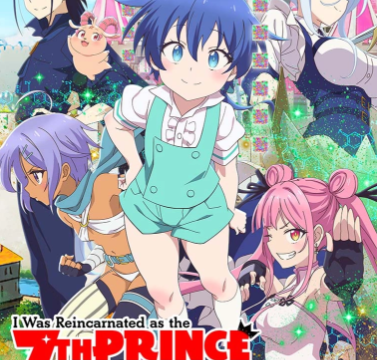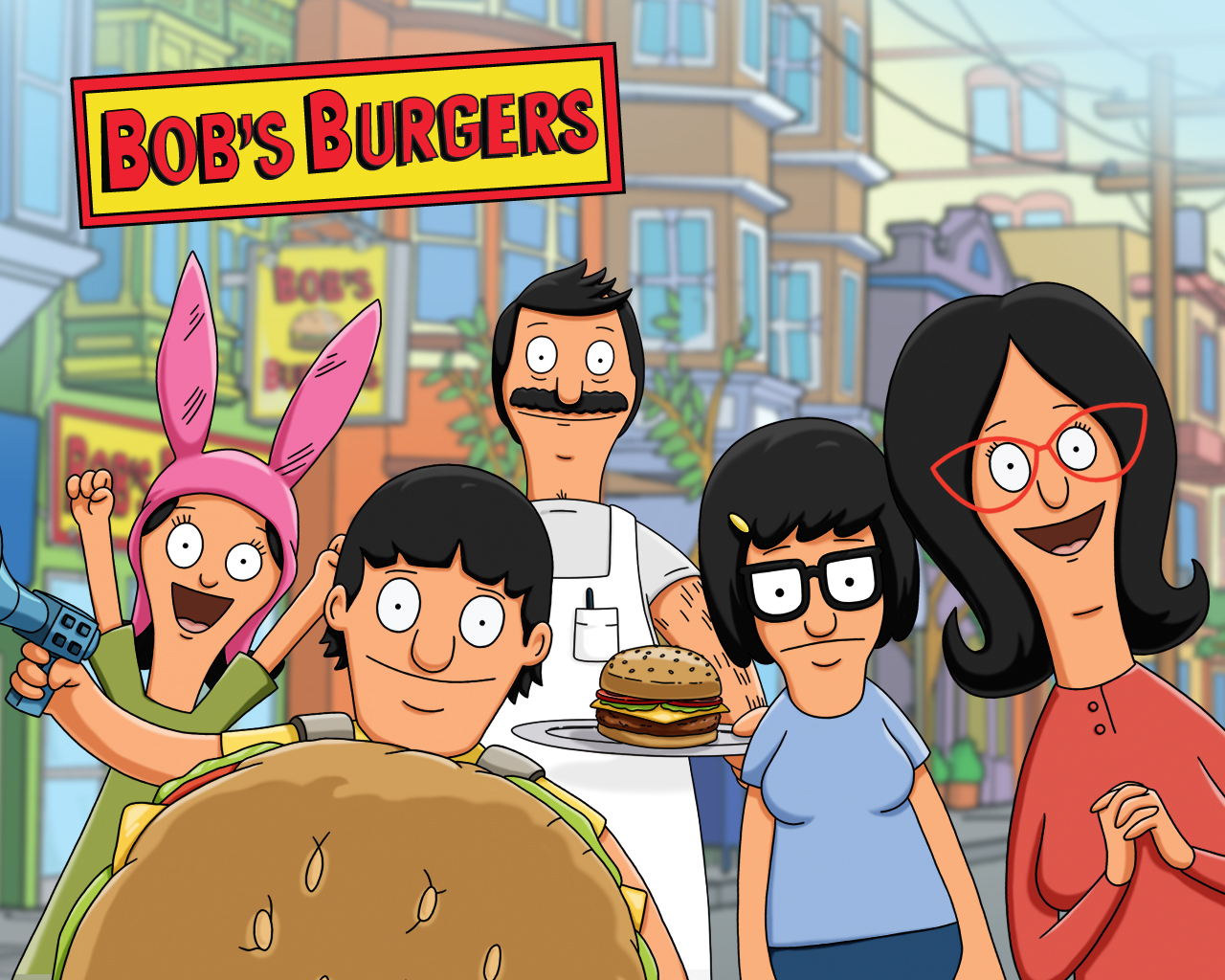English Dub Season Review: Possibly the Greatest Alchemist of All Time Season One
Overview (Spoilers Below):
Iruma Takumi (Zac Loera) finds himself caught up in a hero summoning, even though he’s not a hero. Summoned by mistake to Mildgard, a fantasy world of swords and magic, Takumi is given a chance to start over. Though he dreams of a peaceful life, the goddess Nolyn (Lexa Childress) grants him “alchemy,” an ultra-powerful skill that allows him to create anything from holy swords to flying ships. His reluctant adventure begins!
Our Take:
Possibly the Greatest Alchemist of All Time is an anime adaptation of a light novel series written by Kogitsunemaru and illustrated by Hitogome. It is directed by Naoyuki Kuzuya, with Mitsutaka Hirota writing the script. It is produced by Studio Comet, known for producing anime like High School! Kimengumi, Dragon Quest, School Rumble, and A Salad Bowl of Eccentrics. Sayaka Anesaki designed the characters, and Hiroshi Nakamura composed the music. The opening theme song, “TREASURE!”, was performed by Dialogue+, while harmoe performed the ending theme, “Twinkle Days”.
Whenever someone gets reincarnated in a different world, there’s always a chance they’ll be granted unlimited power capable of helping them live a new life. Most of them are granted one-hit attacks, impenetrable defense, or even high-level low skills, while others are given seemingly “useless” skills like alchemy to provide a healthy living in the new world. They did say that the possibilities are endless, even when you get isekai’d into a new world. However, regardless of what skills they have, having a normal second life isn’t always an easy task, especially when the forces of evil seek to execute them and the fantasy realm they reside in.
Greatest Alchemist is another addition to the long line of isekai anime in which a new protagonist, Iruma Takumi, attempts to live a tranquil life in the world of Mildgard with his profound alchemist ability. Under the guidance of Goddess Nolyn, Takumi starts an alchemist business as well as an adventuring party consisting of elf warrior Sofia (Dee Meo), housekeeper Maria (Monica Flatley), Killer Spider Maple (Jessica Peterson), fox-girl alchemist Reyva (Kelsey Cruz), and Mani (Monica Piskor) in Bolton. However, the dangers surrounding the new world, mainly the Holy Empire of Sidonia, seek to disrupt that tranquil life when Takumi’s powers attract their attention, resulting in their Hero Summoning.
It’s evident that I had a small price to pay from experiencing many isekai anime in the past. I tend to grow more understanding of its tropes and narrative patterns, but it’s also at the expense of me being more of a nitpicky reviewer. Of course, the main reason is that most shows in the isekai realm are usually more of the same but with a different coating. Besides the distinctive concepts, most isekai anime typically consist of a long-ass title depicting the plot, the protagonist reincarnated or, in this case, summoned to a fantasy world, and a harem who all have feelings for the hero. While some of these shows were tolerable due to their charismatic and amusing nature and stories, others tend to be quite forgettable because of the lack of effort and interest in their ideas and characters. Of course, this is how I interpret the situation since I have not read a single manga in my life. Greatest Alchemist is another isekai anime that could’ve gone in either direction, but after watching the first few episodes, I’m leaning dangerously close to the “forgettable” side of things.
Greatest Alchemist is another example of following the basic qualities of a harem isekai anime, including the protagonist’s OP ability, yet lacks much innovation and effort to elevate its dull and formulaic concept. It’s a straightforward and low-stakes anime that isn’t without a merit or two that makes specific moments tolerable. One is Takumi Iruma, a former salaryman from the real world whose quest to live a normal life as an alchemist gets interrupted by the Holy Sidonia Empire’s presence. Carried by Zac Loera’s gentler vocal performance, Takumi provided a tender-hearted and sympathetic personality suitable for his tolerability and desire for tranquility and a successful alchemist business. He often runs into a few obstacles that test his generosity besides the Sidonia Empire, including his temptation toward his female companions like Sofia and Maria. However, the latter only plays out as a source of comedy instead of a plot device, with her cheerful and adept personality consisting of her berating herself whenever she “fails” to appease Takumi. While humorous, it’s also easily forgettable by the time the next episode rolls in. Besides that, there’s not much else in the characters’ bland personas to make them memorable, including Takumi’s allies who may have strong feelings for their “master”.
The other is the animation by Studio Comet. Greatest Alchemist was my first exposure to the studio’s animation style, as I had not seen any of its previous adaptations beforehand. Multiple fans of Dragon Quest may recognize the animation company through the franchise’s 1989 anime adaptation, “Legend of the Hero Abel”. Regarding the visuals and colorization, the presentation was just as simple as the show’s plot, but knowing me, I’m usually a sucker for anime vibrancy. However, when it comes to the action, this is another anime that lacks the identity and urgency of its style, especially since it relied on the slideshow format to display its violence. The worst offender of that approach was its season finale, “When Bonds Are Tested”, when Takumi and the crew protect Wedgefort from an army of stronger monsters. Its overabundance of screenshots made the finale an underwhelming and cheap exercise of quantity over quality. Those hoping for an action-packed anime relying on smoother and fast-paced violence than slideshows may be a bit disappointed with the final result.
Possibly the Greatest Alchemist of All Time should’ve been one of the greats worthy of its title regarding the isekai genre. Instead, its lack of effort makes it possibly the most boring and generic isekai of all time. To give the show credit, it mostly benefited from Zac Loera’s ability to inject a small hint of charm into Takumi’s tender and empathetic personality. Additionally, the animation has moments of vibrancy in the production design despite its lack of effort in structure and forgettable action scenes. Besides those minuscule merits, no amount of alchemy skills can fix this already broken and heavily formulaic anime that’s in dire need of retooling for its potential second season.























"There are also other characters that come and go (also owned by the Warner Bros. Discovery conglomerate media company)."
Huh. Is that just referring to other characters from the show itself, or is this implying that the new season is going to have cameos from other WBD IPs